
Find Help
More Items From Ergsy search
-
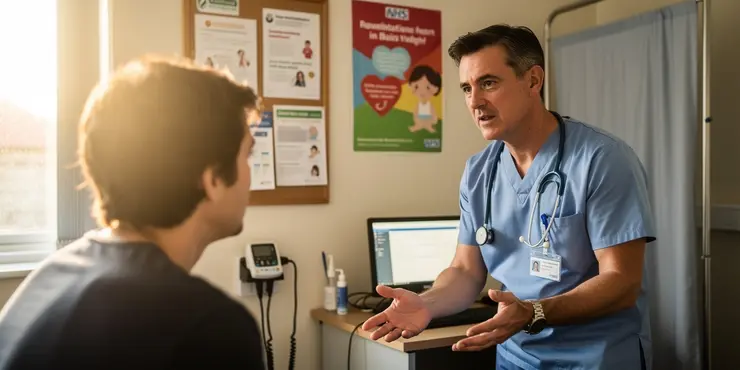
What happens if my application is denied?
Relevance: 100%
-

What should students do if their application for the payment is denied?
Relevance: 87%
-
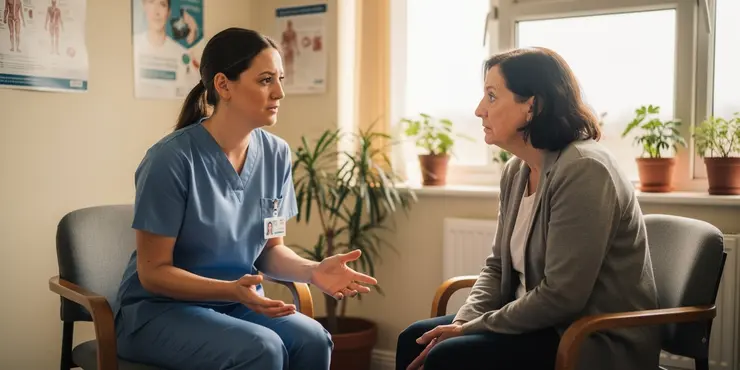
What happens if my application is denied?
Relevance: 79%
-
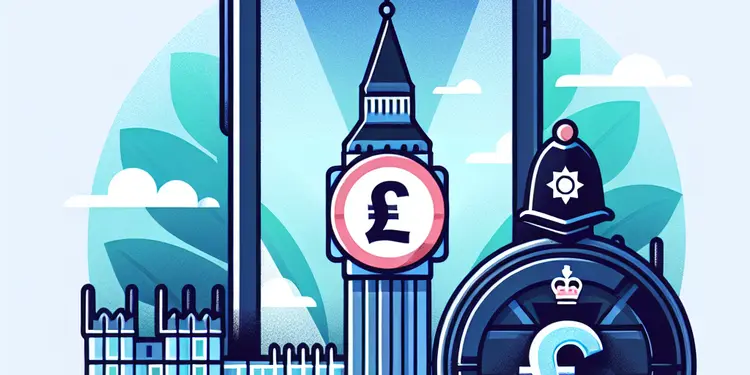
Can access to my police records be denied?
Relevance: 53%
-
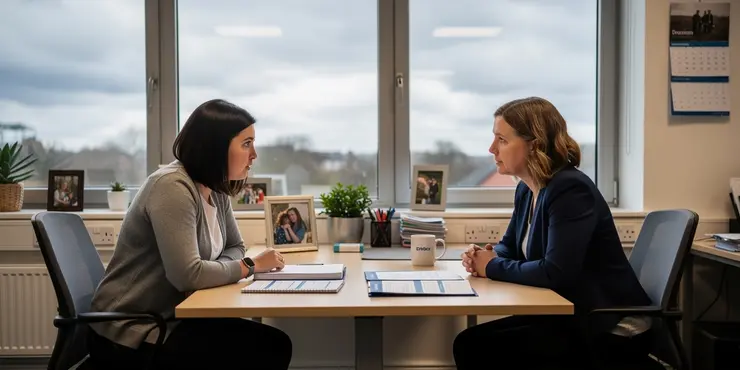
Can I be denied bereavement leave?
Relevance: 52%
-
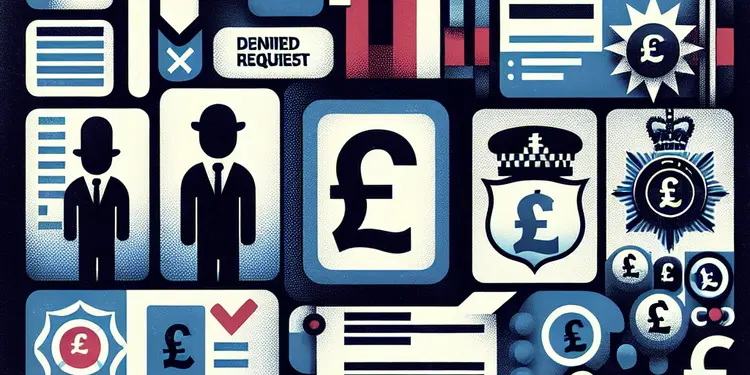
What should I do if my request to see my police records is denied?
Relevance: 50%
-

What should I do if my holiday insurance claim is denied?
Relevance: 48%
-
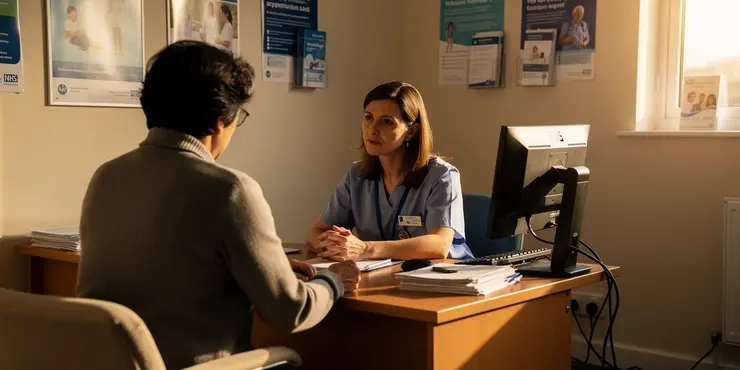
How do I submit an application to the tribunal?
Relevance: 45%
-
What if I made a mistake on my application?
Relevance: 45%
-
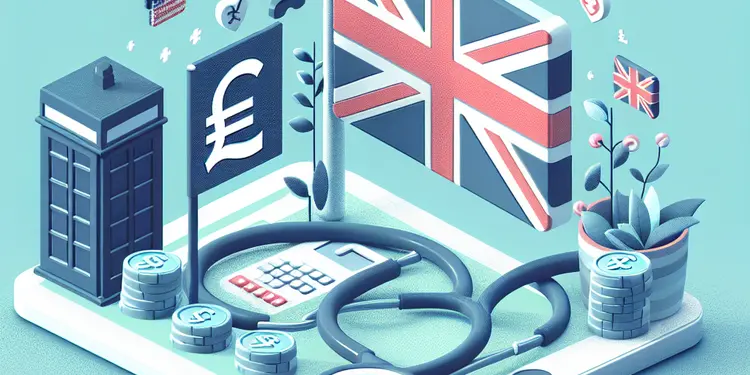
What should I do if I am denied access to my medical records?
Relevance: 44%
-

Where can I check the status of my application?
Relevance: 43%
-
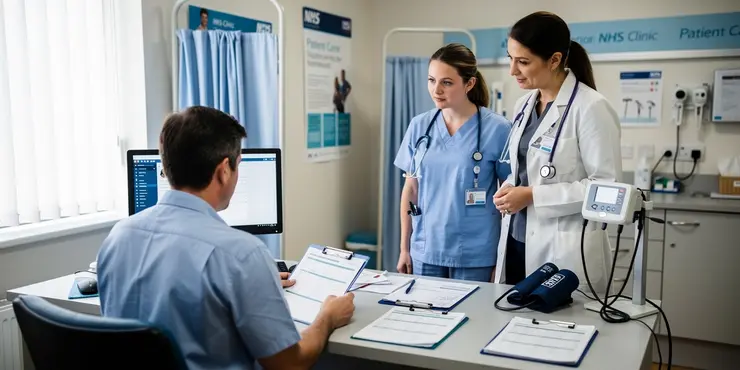
What is the deadline for filing a tribunal application?
Relevance: 42%
-
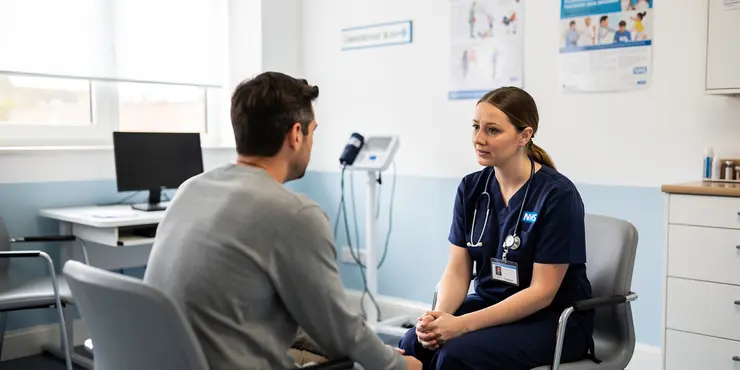
Is there a phone number I can call for assistance with my application?
Relevance: 41%
-
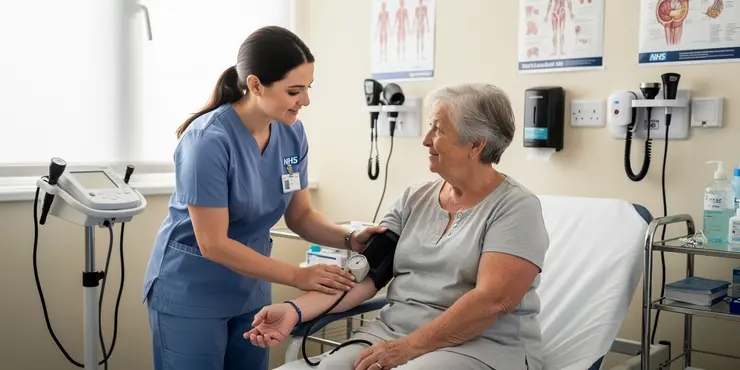
Can international applicants apply for jobs at the National Trust?
Relevance: 39%
-
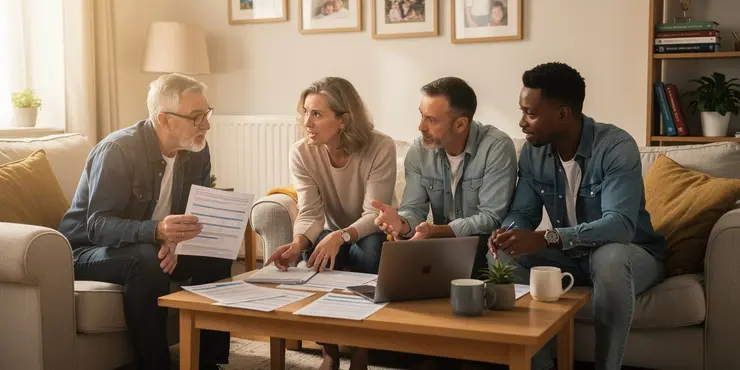
Mortgage Turned Down In The UK - Why mortgage applications are declined
Relevance: 38%
-
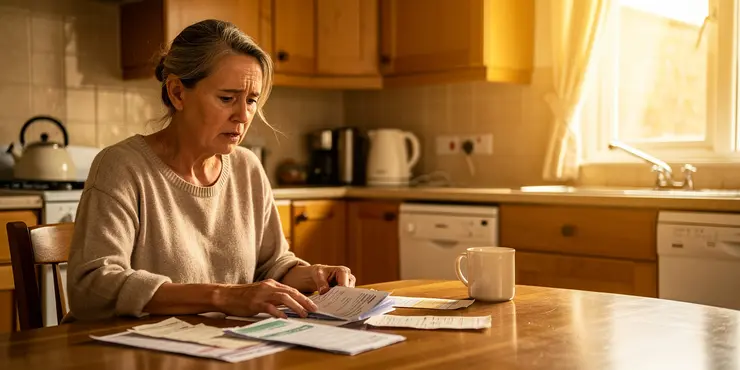
What happens if my application for the Warm Home Discount is unsuccessful?
Relevance: 38%
-
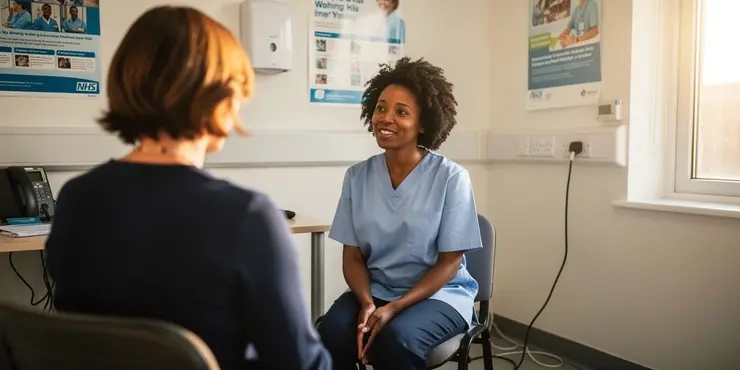
Using 100% of your Second Income for a Mortgage Application
Relevance: 36%
-
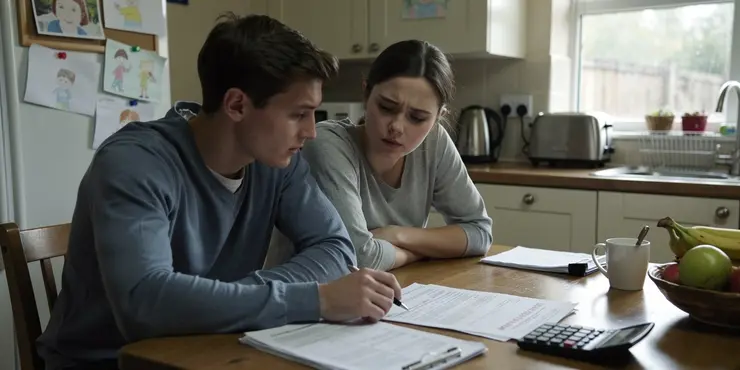
Turned down for a mortgage? Find out why and what to do
Relevance: 31%
-
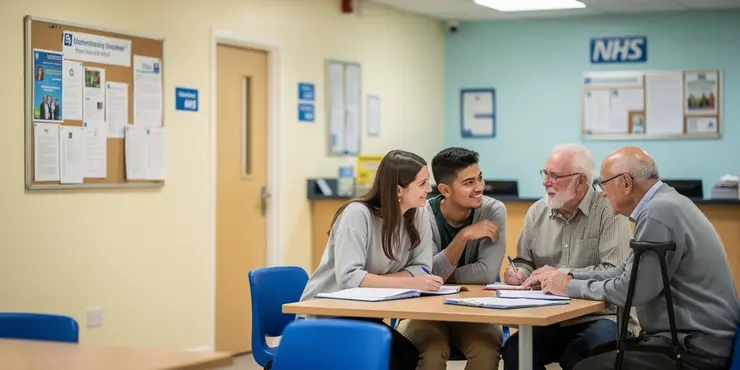
What is the average time for a citizenship application to process?
Relevance: 25%
-
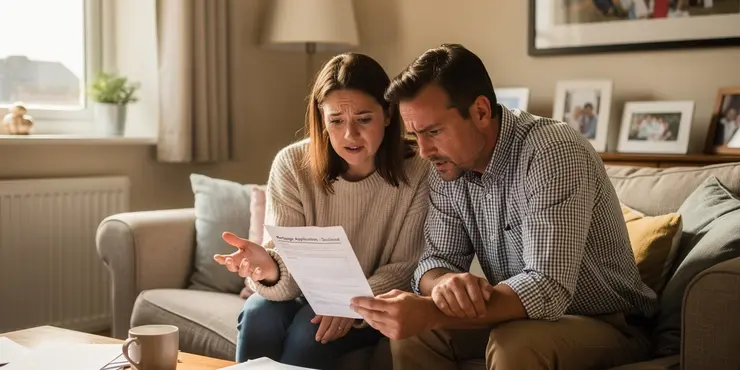
Turned down for a mortgage? Find out why and what to do
Relevance: 24%
-

What should I do if my employer denies my bereavement leave request unfairly?
Relevance: 23%
-
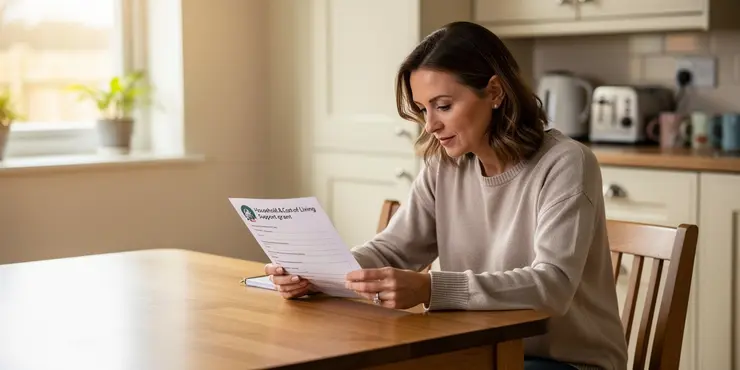
How can I apply for a Household & Cost-of-Living Support grant?
Relevance: 21%
-
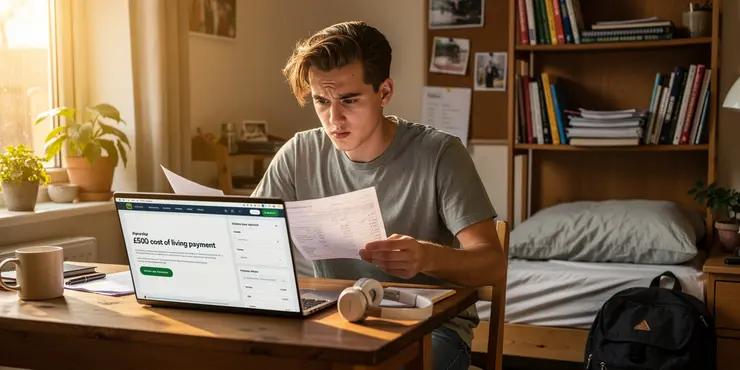
How can students apply for the £500 cost of living payment?
Relevance: 20%
-
Is there a deadline to apply for the £500 cost of living payment?
Relevance: 20%
-
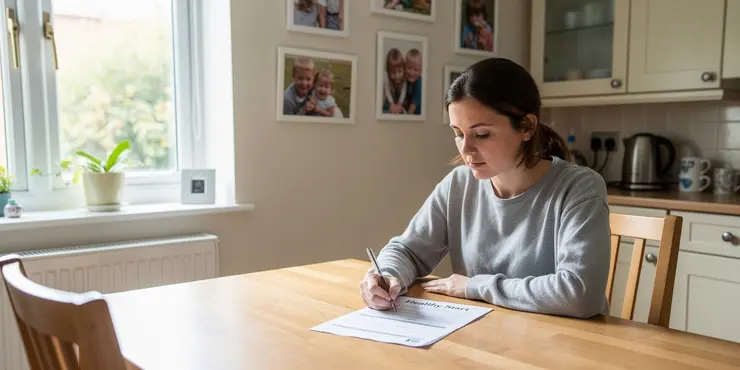
How can I apply for Healthy Start vouchers?
Relevance: 20%
-

Can I request corrections to my medical records?
Relevance: 20%
-
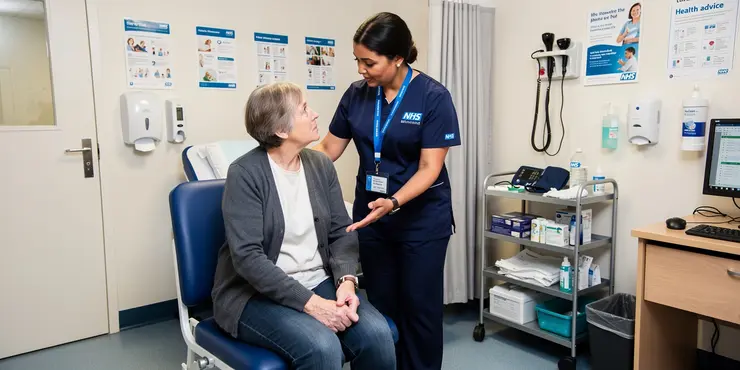
What should I do if I receive a Request for Evidence from USCIS?
Relevance: 20%
-
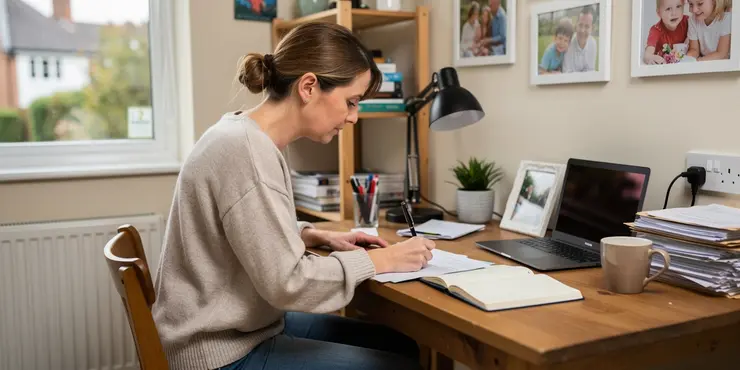
Can I postpone my jury service?
Relevance: 20%
-

How do I apply for a small business loan through a government program?
Relevance: 20%
-
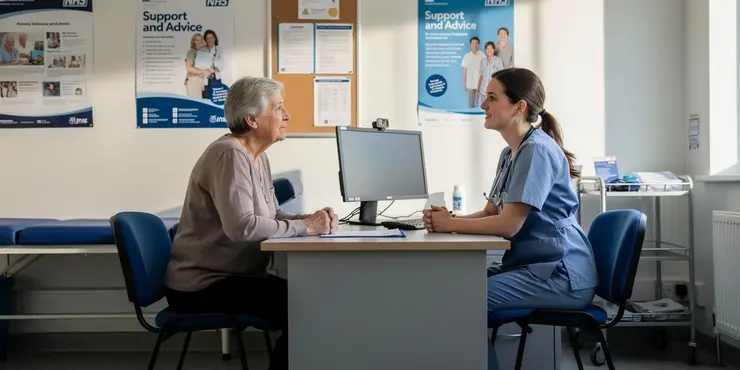
How do I apply for a Funeral Expenses Payment?
Relevance: 19%
-
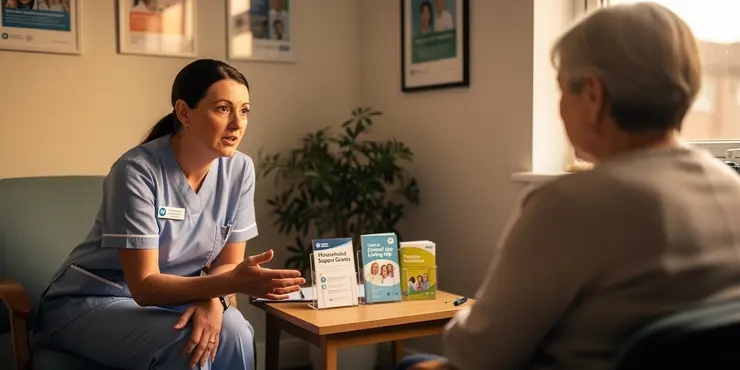
What are Household & Cost-of-Living Support grants?
Relevance: 19%
-

What is the Sure Start Grant?
Relevance: 19%
-

Are there any exceptions to my right to access my medical records?
Relevance: 19%
-

How can I apply for Healthy Start vouchers?
Relevance: 19%
-
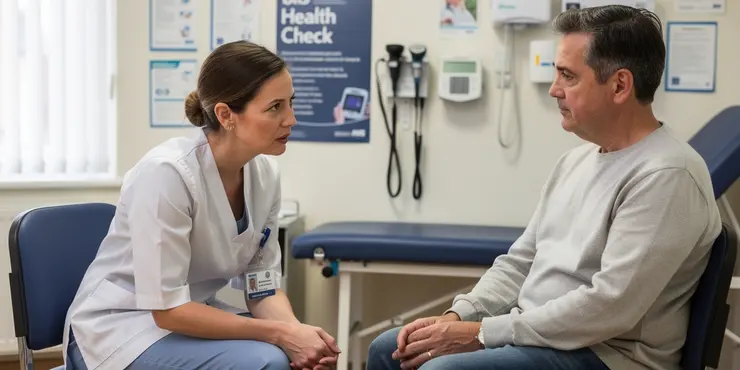
How can drug offences impact future opportunities?
Relevance: 19%
-
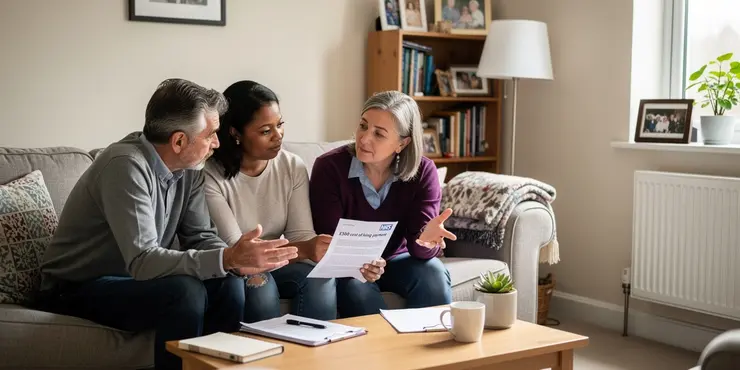
Are there any fees to apply for the £500 cost of living payment?
Relevance: 19%
-
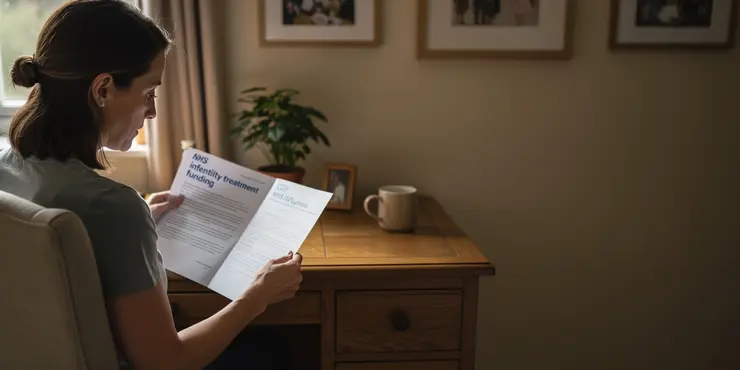
How to apply for NHS funding to treat infertility
Relevance: 19%
-
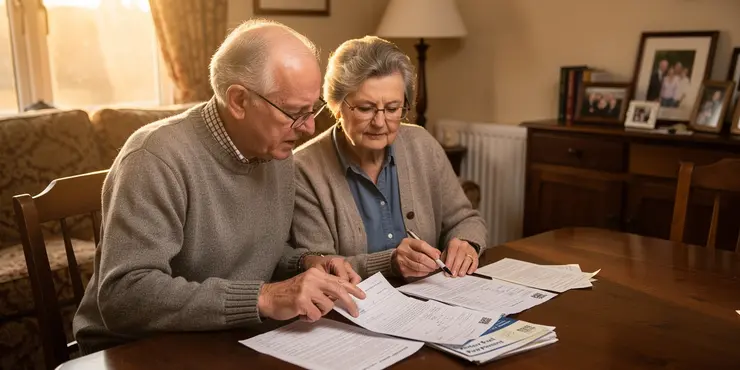
How do I apply for the Winter Fuel Payment in Scotland?
Relevance: 19%
-
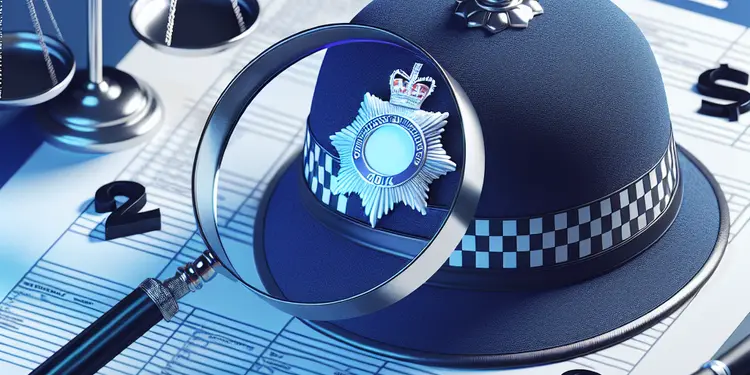
Do I have a right to see my police records?
Relevance: 18%
-
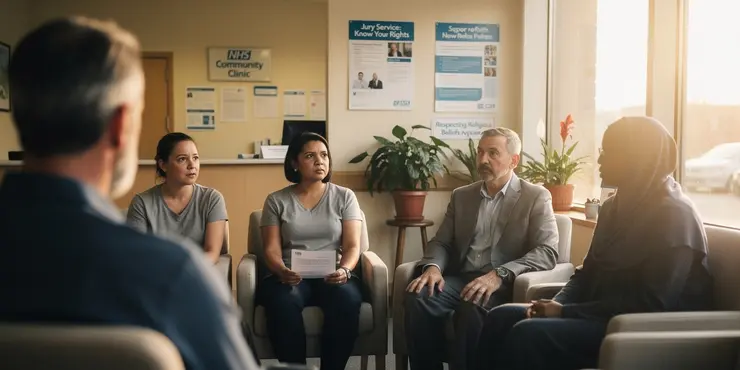
Can my religion exempt me from jury service?
Relevance: 18%
Understanding Application Denial
Receiving a denial for an application, whether it be for a visa, university admission, loan, or any other matter, can be disappointing. However, understanding the reasons behind the denial and the potential next steps is essential for moving forward effectively. Here, we’ll outline the common reasons for denials and what you can do if you find yourself in this situation.
Common Reasons for Application Denials
There are several reasons why an application might be denied. For visa applications, common reasons include insufficient documentation, failure to meet specific criteria, or concerns regarding financial support. University applications might be rejected due to not meeting academic requirements or limited space in the program. Loan applications are often denied because of poor credit history or inadequate income. Identifying the specific reason for your denial is crucial as it helps in addressing the issue more effectively.
Review the Denial Letter
After an application has been denied, you will typically receive a denial letter, which outlines the reasons for the decision. Carefully review this document to understand the grounds for the denial. Some denials may include instructions on how to appeal the decision or reapply, while others may only provide the reasoning behind the decision. Pay attention to any deadlines mentioned, especially if the option to appeal is available.
Considering an Appeal
If your application has been denied, you may have the option to appeal the decision. This process involves reviewing the reasons for the denial, correcting any mistakes, or providing additional information or documentation that can support your case. Ensure that you adhere strictly to any deadlines and procedures mentioned in the denial letter if you choose to pursue an appeal. It might be beneficial to seek professional advice or legal assistance to strengthen your appeal, especially in complex cases such as visa applications.
Reapplying
In some cases, reapplying might be a more viable option than appealing, especially if the reasons for denial were related to missing documents or unmet criteria that can be easily corrected. Before reapplying, ensure that you fully understand the reasons for the initial denial and have taken measures to rectify any issues. Gathering additional documentation or improving your qualifications can bolster your chances of success upon reapplication.
Seeking Professional Advice
Depending on the type of application and the complexity of the situation, it may be wise to consult with professionals who specialize in the area relevant to your application. Solicitors, immigration advisors, or financial consultants can provide valuable expertise and guidance. They can help ensure that your application is complete, meets all requirements, and addresses any specific concerns that could have led to a denial.
Moving Forward
While a denial can be discouraging, it is not the end of the road. Use the experience as a learning opportunity and take proactive steps to strengthen your future applications. By thoroughly understanding the reasons for denial and taking appropriate actions, you can enhance your chances of success and achieve your goals.
Why Your Application Was Denied
When you get a "no" for something you applied for, like a visa, school, or loan, it can feel bad. But it's important to know why it happened and what to do next. Here, we will explain common reasons why applications get denied and what you can do about it.
Why Applications Get Denied
There are many reasons an application can be denied. For a visa, it might be because you didn’t send all the needed papers. For school, maybe your grades weren’t high enough or there weren’t enough spots. For a loan, it could be because of bad credit or not enough money. It's important to know why your application was denied so you can fix it.
Look at the Denial Letter
After your application is denied, you will get a letter. This letter tells you why you were denied. Read it carefully. Sometimes, it will tell you how to ask for a second chance or apply again. Look for any deadlines in the letter, especially if you want to ask for a second chance.
Thinking About an Appeal
If you get a "no," you might be able to ask for a second chance. This means showing why you should get a "yes" instead. You can fix mistakes or send more information. Make sure to follow the rules and deadlines in the letter. It can help to ask an expert for advice, especially for things like visas.
Applying Again
Sometimes, it’s better to apply again instead of asking for a second chance. This is good if you missed papers or didn’t meet some rules before. Before you reapply, make sure you know why you got a "no" and fix those things. Sending more papers or getting better skills can help you get a "yes" next time.
Get Expert Help
Depending on what you applied for, it might help to talk to someone who knows a lot about it. Lawyers, visa experts, or money advisors can give you good advice. They can help make sure your application is right and covers all the important points.
Keep Trying
Getting a "no" can be hard, but it's not the end. Learn from it and take steps to make your next application better. By knowing why you got a "no" and fixing those issues, you can improve your chances of success and reach your goals.
Frequently Asked Questions
What are the common reasons for application denial?
Applications can be denied for various reasons, such as incomplete information, failure to meet eligibility criteria, financial discrepancies, or missing documentation.
Can I appeal a denied application?
Yes, many organizations allow you to appeal a denied application. You will need to follow their specific appeal process and provide additional information or clarification.
Will I receive feedback on why my application was denied?
Most organizations provide a reason for denial, but the level of detail may vary. It is advisable to contact them directly if you require more specific feedback.
Can I reapply after my application is denied?
Yes, in most cases you can reapply. However, it is essential to address the reasons for the initial denial before reapplying.
How can I improve my application for a future submission?
Review the denial feedback, ensure all required information is accurate and complete, and verify that you meet all eligibility requirements. Consider seeking advice from someone with experience in the application process.
Is there a waiting period before I can reapply?
This depends on the organization's policy. Some may allow immediate reapplication, while others may impose a waiting period.
Who can I contact for further assistance if my application is denied?
It's best to contact the organization's customer service or support team. They can provide guidance on the next steps and additional options.
Does a denied application affect my credit score?
A denied application itself does not affect your credit score, but the inquiry generated during the application process might have a small impact.
What documents should I review if my application is denied?
Check the application guidelines, any feedback you received, and ensure all requested documents are completed and accurate.
Is there a cost associated with reapplying?
This depends on the organization. Some may charge an application fee, while others allow free reapplication. Check their policy for specifics.
If my application is denied, can I apply for a different program or service?
Yes, you can apply for other programs or services, provided you meet their eligibility requirements.
Will a denied application be recorded in my personal record?
This varies by organization. Some may keep a record for future reference, while others may not.
Can I speak to someone directly about my denied application?
Yes, you can usually contact the organization’s customer service or support team for direct communication regarding your application.
What should I do if I believe my application was wrongfully denied?
Contact the organization to discuss your application and consider filing an appeal or request a review if applicable.
Will my denied application affect future applications?
Typically, a denied application does not directly affect future applications unless there is policy stating otherwise.
How long do I have to wait to hear back after submitting an appeal?
The timeline varies by organization. It’s best to check their appeal process guidelines or ask the support team for an expected timeline.
Can I receive legal assistance if my application was denied?
Yes, you can seek legal assistance, especially if you believe the denial violated your rights or was due to discrimination.
Does reapplying guarantee acceptance?
No, reapplying does not guarantee acceptance. It is crucial to address the original denial reasons and ensure all criteria are met.
Are there resources available to help with my denied application?
Many organizations provide resources or counseling to assist with applications. Inquire directly with them for available support.
Can I change the information on my initial application when reapplying?
Yes, you can and should update any incorrect or outdated information on your application when reapplying.
Why do applications get turned down?
Applications can be turned down for different reasons. This might happen if:
- Some information is missing.
- You do not meet the rules to apply.
- There are mistakes in money details.
- Some important papers are not provided.
To help, make sure you have all the right information and papers. Ask someone you trust to check your application with you. Use a checklist to make sure you have everything.
Can I ask to change a "no" decision?
Yes, lots of places let you ask again if they say no to your application. You will need to follow their rules to ask again and give more details or explain things better.
Will someone tell me why my application was turned down?
Most places tell you why they said no. They might give a lot or a little detail. It's a good idea to ask them if you want to know more.
Can I try again if my application is not accepted?
Yes, you can try again. But first, you need to fix the reasons why you were told "no" the first time.
How can I make my application better for next time?
Look at why they said no. Make sure all your info is right and that you have included everything they need. Check that you are allowed to apply. You might want to ask someone who knows how to do this for help.
Do I need to wait before I can apply again?
This depends on the rules of the company. Some companies let you apply again right away. Other companies might make you wait before you can apply again.
Who can I talk to if my application is turned down?
If someone says "no" to your application, you can ask for help.
Here are some things you can do:
- Send an email or call the office that handled your application.
- Talk to someone who understands your situation, like a counselor or advisor.
- Use a phone to call the help number given on your application paperwork.
- Visit a help center if there is one nearby.
Remember, asking for help is always okay!
It is a good idea to talk to the customer service team. They can help you with what to do next and tell you more about your choices.
Will saying "no" to my application hurt my credit score?
When you apply for a credit card or loan, the company might say "no." This does not hurt your credit score. But, asking for lots of credit in a short time can lower your score. Remember to ask for help if you need it.
Getting turned down for an application does not change your credit score. But, when you apply, they check your credit, and that check can make a tiny change to your score.
What papers should I look at if my application is turned down?
If your application is turned down, here's what you should do:
1. **Letter from Them:** Check the letter they sent you. It will say why they turned down your application.
2. **Your Application:** Look at the form you filled out. Make sure you didn't miss anything.
3. **Rules or Guide:** Find the rules they use to decide. This can show you what they want.
Tools that can help:
- **Get Help from a Friend or Family:** Ask someone to read with you and explain it.
- **Use a Highlighter:** You can mark important things in the papers to help you remember.
Look at the instructions for applying. Read any comments you got. Make sure you finished all the forms and got them right.
Do you have to pay money to apply again?
This is different depending on where you're applying. Some places might ask you to pay a fee to apply again. Others might let you apply again for free. It's a good idea to look at their rules to find out what they do.
If my application is turned down, can I try again for something else?
If what you asked for is not approved, you can apply for another program or service. Here are some tips to help you:
- Ask someone you trust to help you with forms.
- Use a computer to check for other programs.
- Look for websites that explain things in a simple way.
Remember, it's okay to try again!
Yes, you can sign up for other programs or services if you meet their rules.
Will a No Answer be in My Record?
Different places do things in their own way. Some places might write it down to remember later. Other places might not do this.
Can I talk to a person about my denied application?
If your application was not accepted, you might want to talk to someone. Here’s how you can do it:
- Call the helpline number.
- Visit the website and use the chat feature.
- Ask a friend or family member to help you make the call.
These steps can help you get the answers you need.
Yes, you can talk to the customer service team if you have questions about your application. They can help you.
What can I do if my application was turned down by mistake?
Get in touch with the organization. Talk to them about your application. If you think something is wrong, you can ask them to look at it again. You can also think about asking for an appeal.
Will my denied application affect future applications?
If your application was not accepted, don't worry too much. You can still apply again in the future.
When you apply next time, try to find out why your first application was turned down. This can help you improve your application.
Talking to someone who knows about applications can be helpful. They can give you good advice.
You can also use tools that help you fill out forms. These tools make it easier to understand each step.
Remember, you can try again, and your new application can be better!
Usually, if your application is turned down, it won't make it harder for your next one, unless there are special rules that say so.
For help, you can use tools like text-to-speech to read aloud to you or ask someone to explain the rules.
When will I get a reply after I send my appeal?
When you send your appeal, you might wonder when you'll get a reply. Here are some tips to help:
- Check if they told you a time for replies. Look in any letters or emails they sent.
- Sometimes replies take longer. Be patient.
- If you have questions, ask someone you trust for help.
- You can use a calendar to keep track of the days.
Each place has its own timeline. It's a good idea to look at their rules about how to appeal, or ask the help team how long it will take.
Can I get help from a lawyer if my application was refused?
If your application was not accepted, you can ask a lawyer for help.
Here are some things you can do:
- Talk to a lawyer who knows about your problem.
- Find a legal aid service that offers free advice.
- Ask a family member or friend to help you understand what to do next.
These people can help you understand your choices.
Yes, you can ask a lawyer for help, especially if you think the "no" was unfair or because people treated you unfairly.
If I try again, will I definitely get in?
No, applying again does not mean you will definitely get in. You need to fix the problems that caused the first "no" and make sure you meet all the rules.
Can I get help if my application was not accepted?
Lots of places can help you with applications. They might have resources or people who can talk to you. Ask them to find out what help they have.
Can I change my first application when I apply again?
Yes, you can change any wrong or old information on your form when you apply again.
Useful Links
This website offers general information and is not a substitute for professional advice.
Always seek guidance from qualified professionals.
If you have any medical concerns or need urgent help, contact a healthcare professional or emergency services immediately.
Some of this content was generated with AI assistance. We’ve done our best to keep it accurate, helpful, and human-friendly.
- Ergsy carfully checks the information in the videos we provide here.
- Videos shown by Youtube after a video has completed, have NOT been reviewed by ERGSY.
- To view, click the arrow in centre of video.
- Most of the videos you find here will have subtitles and/or closed captions available.
- You may need to turn these on, and choose your preferred language.
- Go to the video you'd like to watch.
- If closed captions (CC) are available, settings will be visible on the bottom right of the video player.
- To turn on Captions, click settings .
- To turn off Captions, click settings again.
More Items From Ergsy search
-

What happens if my application is denied?
Relevance: 100%
-

What should students do if their application for the payment is denied?
Relevance: 87%
-

What happens if my application is denied?
Relevance: 79%
-

Can access to my police records be denied?
Relevance: 53%
-

Can I be denied bereavement leave?
Relevance: 52%
-

What should I do if my request to see my police records is denied?
Relevance: 50%
-

What should I do if my holiday insurance claim is denied?
Relevance: 48%
-

How do I submit an application to the tribunal?
Relevance: 45%
-
What if I made a mistake on my application?
Relevance: 45%
-

What should I do if I am denied access to my medical records?
Relevance: 44%
-

Where can I check the status of my application?
Relevance: 43%
-

What is the deadline for filing a tribunal application?
Relevance: 42%
-

Is there a phone number I can call for assistance with my application?
Relevance: 41%
-

Can international applicants apply for jobs at the National Trust?
Relevance: 39%
-

Mortgage Turned Down In The UK - Why mortgage applications are declined
Relevance: 38%
-

What happens if my application for the Warm Home Discount is unsuccessful?
Relevance: 38%
-

Using 100% of your Second Income for a Mortgage Application
Relevance: 36%
-

Turned down for a mortgage? Find out why and what to do
Relevance: 31%
-

What is the average time for a citizenship application to process?
Relevance: 25%
-

Turned down for a mortgage? Find out why and what to do
Relevance: 24%
-

What should I do if my employer denies my bereavement leave request unfairly?
Relevance: 23%
-

How can I apply for a Household & Cost-of-Living Support grant?
Relevance: 21%
-

How can students apply for the £500 cost of living payment?
Relevance: 20%
-
Is there a deadline to apply for the £500 cost of living payment?
Relevance: 20%
-

How can I apply for Healthy Start vouchers?
Relevance: 20%
-

Can I request corrections to my medical records?
Relevance: 20%
-

What should I do if I receive a Request for Evidence from USCIS?
Relevance: 20%
-

Can I postpone my jury service?
Relevance: 20%
-

How do I apply for a small business loan through a government program?
Relevance: 20%
-

How do I apply for a Funeral Expenses Payment?
Relevance: 19%
-

What are Household & Cost-of-Living Support grants?
Relevance: 19%
-

What is the Sure Start Grant?
Relevance: 19%
-

Are there any exceptions to my right to access my medical records?
Relevance: 19%
-

How can I apply for Healthy Start vouchers?
Relevance: 19%
-

How can drug offences impact future opportunities?
Relevance: 19%
-

Are there any fees to apply for the £500 cost of living payment?
Relevance: 19%
-

How to apply for NHS funding to treat infertility
Relevance: 19%
-

How do I apply for the Winter Fuel Payment in Scotland?
Relevance: 19%
-

Do I have a right to see my police records?
Relevance: 18%
-

Can my religion exempt me from jury service?
Relevance: 18%


